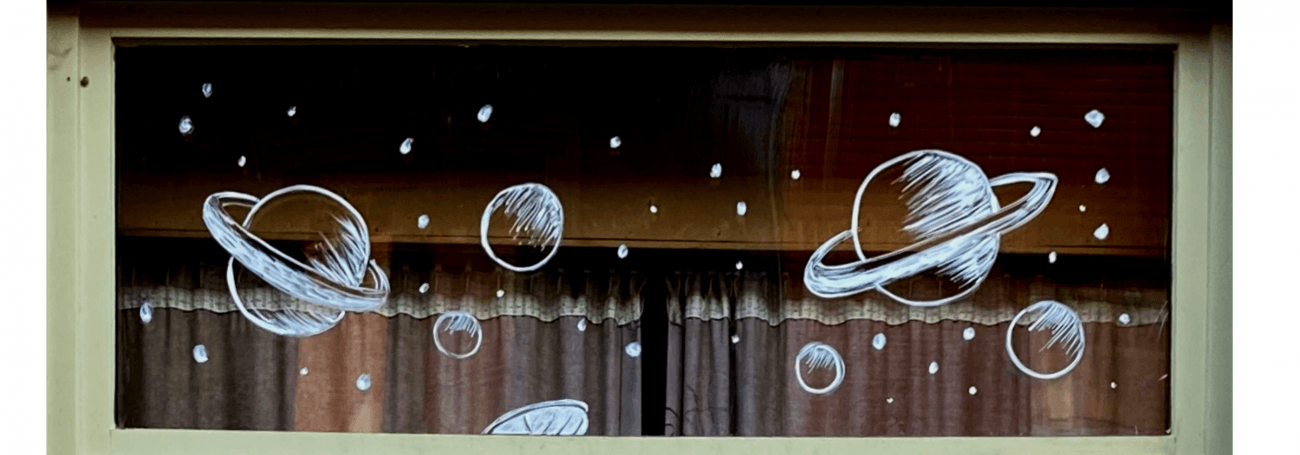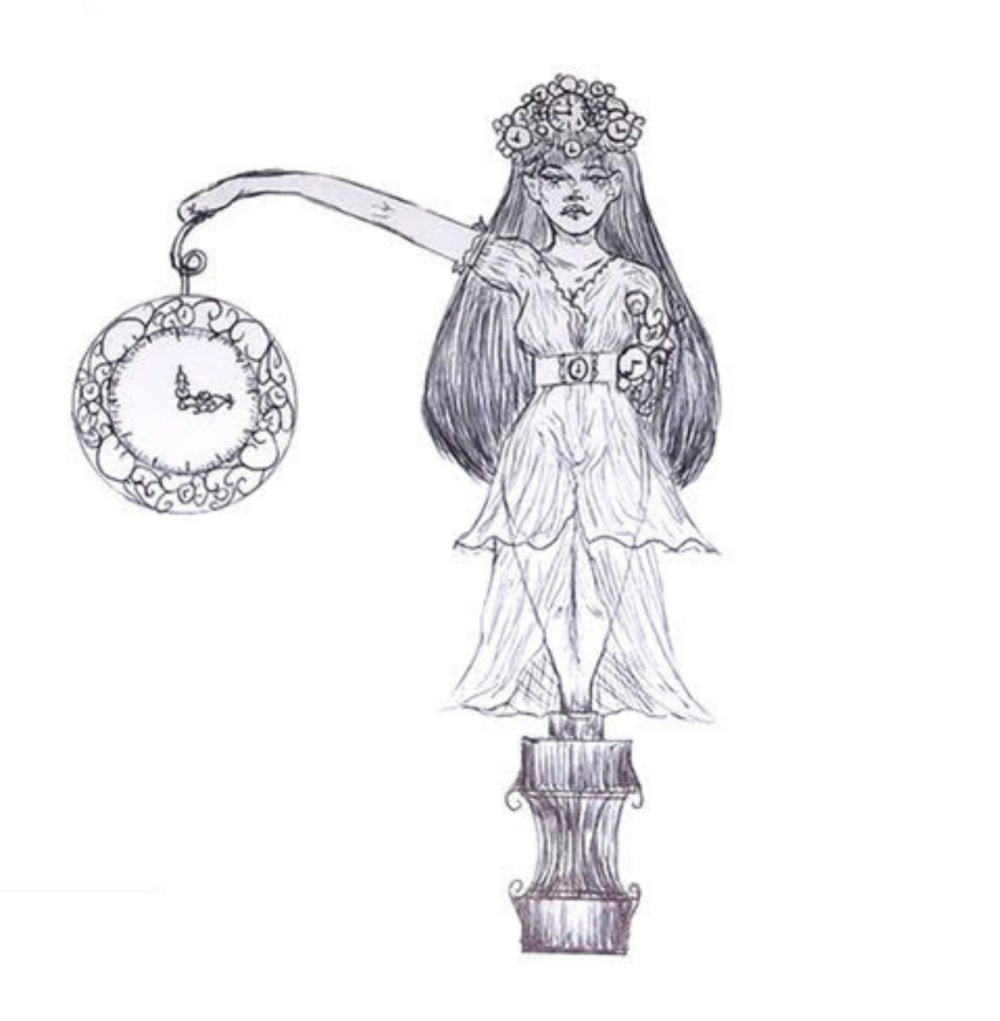Michael Douglas Kollektiv (Germany) - Douglas Bateman, Karen Gallagher & Michael Maurissens
The Michael Douglas Kollektiv (MDK) has experience in research of collaborative artistic productions and in development of collective participatory methodologies for the creation of their performances. Together with conflict specialist and choreographer Dana Caspersen (USA), MDK produced two public dialogues where choreography and conflict resolution meet: “The Polarity Party” and “The Exchange”, dedicated to the understanding of polarization and hate and the prevention of violence. In these interactive events, there is no performance and no spectators, instead simple actions such as walking, sitting and talking become tools for reflection and interaction as the participants consider: What is our role in the creation or unbuilding of systems of polarization and violence?
Thinking Acts (Scotland) and Chorus (Greece) - Effie Samara & Virginia Vassilakou
Thinking Acts and Chorus lead “Poetic Constitutions: Caring Europe”, a project that focuses on accessing a wide sample of the community, especially those suffering marginalisation through ethnic, economic or educational disadvantage, by asking questions on identity, solidarity and shared citizenship as people of Europe. Its goal is to create and sustain a new artistic form of performance activism based on embodied struggles, allegiance and solidarity amongst people and enhance the idea of community, whose aim will be towards a restorative and reconciliatory practice, and build transformative critical resources and a new artist's toolkit for sustainable and ethical advancement of cultural justice. In practice, the project collects stories of opposing and conflicting groups (through consultations, discussions, and interviews by the playwright), which are used to draft the script of the play. A chorus (consisting of members of the community) is added to the play, as a form of community activation and engagement.
International Society for Arts and Culture (Slovakia) - Hon Chong & Olivia Biskupska
The International Society for Arts and Culture (ISAC) aims at creating a creative, progressive, inspiring, enriching and empowering society through arts and culture. Among other projects, its Funnylicious Improv Theater (Slovakia’s first English language improv comedy troupe and training center) produced “Our Stories: An Improvised Play”, an international performing art project merging the artistic means of improvisation and oral storytelling. The idea is very simple, to combine the power and vulnerability of personal true stories with the collaborative, spontaneous, and creative art form of improvisational theatre. Up to two stories of ordinary people from diverse backgrounds (e.g. minorities, marginalized communities, young people) are told live and an improvised play is then performed inspired by the stories told. No two shows are the same. ISAC has another production, “Story Nights”, a storytelling community dedicated to sharing true stories for inspiring, healing, transforming and entertaining people in several cities in Europe and Asia.
ApsArt Center for Theater Research (Serbia) - Aleksandra Jelić
ApsArt promotes the idea of theater as a means of personal development and social action by practicing different forms of participatory art that involve citizens in creative processes. It plays in prisons, schools, streets, parks, hospitals, kindergartens, i.e. wherever life is. Actors do not play for the audience, but with the audience. Among others, ART PACKAGE is a series of drama workshops with prisoners in male/female and juvenile prisons, specially designed to connect personal experiences of prisoners with art pieces from the National Museum in Belgrade. Art pieces are projected on the walls of the prison during the theatre workshops so that prisoners can see them. Drama workshop facilitators use participatory drama methods adapted to the confined context of prison. The theater performances created with prisoners are later performed in different communities and institutions open for collaboration of this kind and prisoners are finally able to visit the National Museum (sometimes for the first time in life). This project is done thanks to the collaboration between ApsArt, the museum, the prison and the university (i.e. students of art history).



